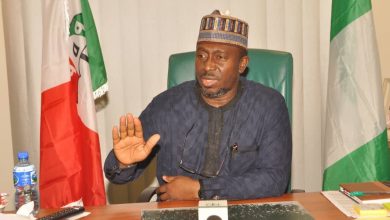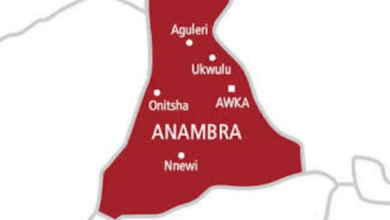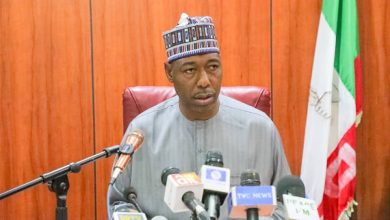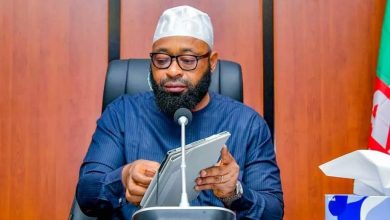Court Stops INEC from Recognizing PDP National Convention Outcome
A court in Abuja has stopped INEC from recognizing the PDP’s planned national convention.
The judge said the party failed to follow proper rules before organizing the event.
A Federal High Court sitting in Abuja has stopped the Independent National Electoral Commission (INEC) from recognizing the outcome of the Peoples Democratic Party (PDP) National Convention scheduled to hold in November 2025.
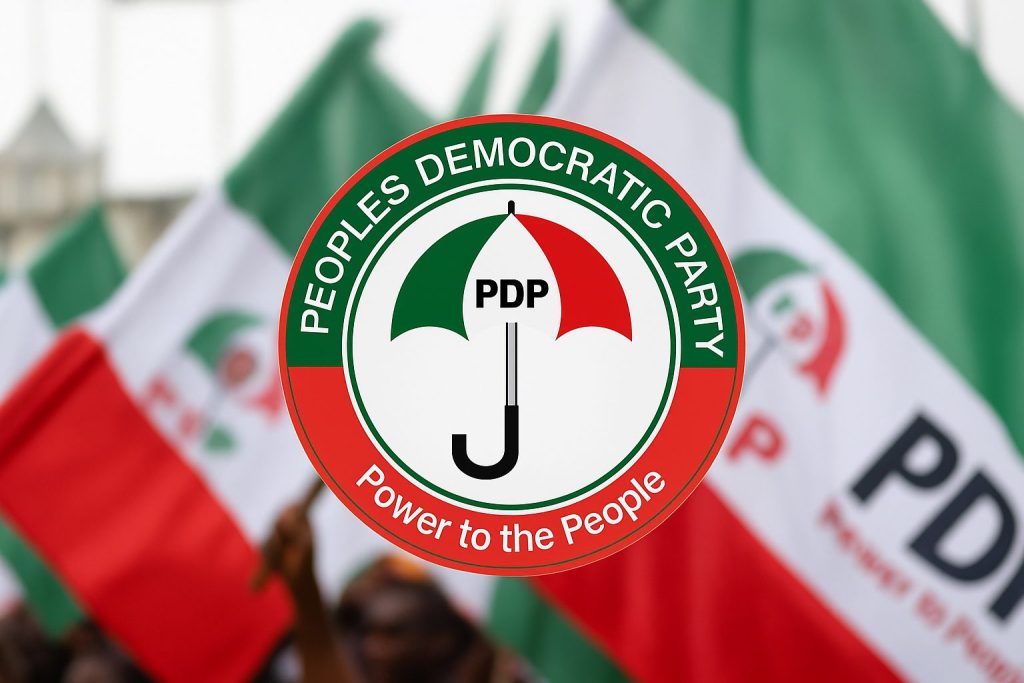
Justice James Omotosho gave the ruling on Friday after considering a suit filed by three aggrieved members of the opposition party who questioned the legality of the planned convention. The court held that the PDP failed to meet several legal and procedural requirements needed to conduct such an exercise.
In his judgment, Justice Omotosho stated that the evidence before the court showed that congresses were not conducted in some states of the federation, in clear violation of electoral laws. He said such lapses undermined the foundation of the proposed national convention.
The judge further ruled that the signing of party notices and official correspondence solely by the PDP National Chairman, without the endorsement of the National Secretary, was against the party’s constitution and therefore invalid. He added that such a practice rendered all related notices and documents null and void.
Justice Omotosho also faulted the party for not giving INEC the mandatory 21-day notice before holding its congresses and meetings. He said this failure prevented the electoral body from performing its oversight function of monitoring internal party activities as required by law.
The court declared that these procedural lapses placed the planned convention in jeopardy. Justice Omotosho advised the PDP to rectify all legal and administrative shortcomings before proceeding with any convention or election.
Consequently, the court issued an order restraining INEC from receiving, publishing, or recognizing any results or outcomes from the planned convention until the PDP complies with all statutory requirements. The convention was slated to take place in Ibadan, Oyo State, between November 15 and 16, 2025.
The case was filed by three PDP members: Austin Nwachukwu, the Imo State chairman of the party; Amah Abraham Nnanna, chairman of the Abia State chapter; and Turnah Alabh George, the South-South PDP Secretary. The trio filed the suit through their lawyer, Joseph Daudu (SAN), under case number FHC/ABJ/CS/2120/2025.
The plaintiffs asked the court to halt the planned national convention, arguing that the process leading to it was flawed and illegal. They maintained that no valid congresses had been held in at least 14 states before the PDP National Working Committee (NWC) and National Executive Committee (NEC) issued the notice for the convention.
They listed nine defendants in the suit, including INEC, the PDP, Samuel Anyanwu, National Secretary of the party, Umar Bature, National Organizing Secretary, the NWC and NEC of the PDP, as well as Ambassador Umar Iliya Damagum, Ali Odefa, and Emmanuel Ogidi.
During the hearing, Daudu urged the court not to dismiss the case as an internal party dispute but to see it as a matter of enforcing constitutional compliance. He argued that the Nigerian Constitution and the Electoral Act 2022 mandate INEC to monitor all party congresses before any national convention can be deemed valid.
On the other hand, counsel representing the acting PDP National Chairman, Ambassador Umar Damagum, Paul Erokoro (SAN), asked the court to decline jurisdiction, insisting that issues concerning conventions and congresses were internal matters of the party. Eyitayo Jegede (SAN), who represented the NWC and NEC, supported this position, arguing that the court lacked authority to interfere in the internal operations of a political party.
After reviewing all arguments, Justice Omotosho concluded that the PDP’s non-compliance with its own constitution and electoral guidelines invalidated the planned convention. He therefore barred INEC from recognizing any proceedings or outcomes from it until the party satisfies all legal obligations.
